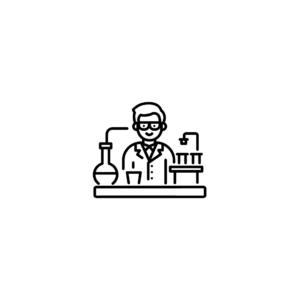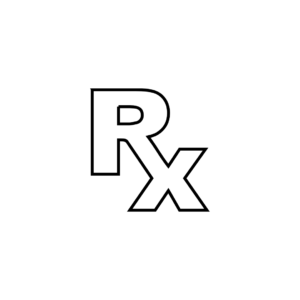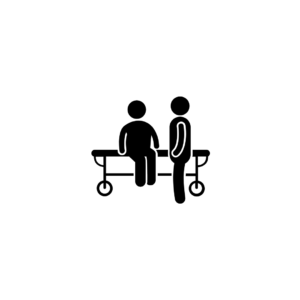Description
Overview of Certificate Course in Radiology and Imaging Technology (RIT)
The Certificate Course in Radiology and Imaging Technology (RIT) is designed to provide foundational knowledge and practical skills in the field of medical imaging. This course is suitable for individuals seeking to enter the healthcare field as radiology technicians or those looking to enhance their understanding of imaging technologies. It covers the essential concepts, techniques, and safety protocols necessary to perform quality imaging procedures.
Core Areas of Study in the RIT Certificate Course
Introduction to Radiology and Imaging Technology
Overview of the radiology field, including the role of radiologic technologists and the importance of imaging in healthcare.
Basic Anatomy and Physiology
Understanding human anatomy relevant to imaging, focusing on structures frequently visualized using radiological techniques.
Imaging Modalities
Introduction to various imaging technologies, such as:
X-ray Imaging: Fundamentals of X-ray production, exposure, and image quality.
Ultrasound: Principles of ultrasound technology, types of procedures, and applications.
Computed Tomography (CT): Basic concepts of CT imaging and its applications in medical diagnosis.
Radiation Safety and Protection
Essential safety measures in handling radiation, including patient and staff protection protocols and radiation dose management.
Patient Care and Communication
Skills for effectively interacting with patients, including preparing them for imaging procedures and ensuring their comfort and understanding.
Image Evaluation and Quality Control
Understanding how to assess image quality and the importance of quality control measures in radiology.
Practical Skills Training
Hands-on experience with imaging equipment, positioning patients, and conducting basic imaging procedures under supervision.
Curriculum Structure
A typical Certificate Course in Radiology and Imaging Technology may include:
Core Courses: Fundamental subjects covering the basics of radiology, imaging techniques, anatomy, and patient care.
Laboratory Practice: Hands-on sessions to practice imaging techniques and familiarize students with equipment and protocols.
Clinical Exposure: Opportunities for practical experience in clinical settings where students can observe and participate in imaging procedures.
Admission Requirements
Admission to a Certificate Course in Radiology and Imaging Technology typically requires:
A high school diploma or equivalent.
Interest in the healthcare field; prior experience in a related area may be advantageous but is not always necessary.
Some programs may require an interview or a brief assessment of the applicant’s understanding of basic healthcare principles.
Skills Developed in the RIT Certificate Course
Graduates of the Certificate Course in Radiology and Imaging Technology will develop essential skills, including:
Technical Proficiency: Basic skills in operating imaging equipment and performing procedures safely.
Anatomical Knowledge: Familiarity with anatomical landmarks and their relevance in various imaging techniques.
Patient Interaction: Ability to effectively communicate with patients and manage their anxieties related to imaging procedures.
Radiation Safety Awareness: Understanding of safety protocols to minimize radiation exposure to patients and staff.
Quality Image Production: Skills in ensuring the production of high-quality diagnostic images.
Career Opportunities
Upon completion of the Certificate Course in Radiology and Imaging Technology, graduates may pursue various entry-level positions, including:
Radiology Technician
Assisting radiologic technologists by preparing equipment, handling patients, and performing basic imaging procedures.
Radiology Assistant
Supporting radiologists and technologists during imaging procedures and managing patient care.
Ultrasound Technician (entry-level)
Assisting in conducting basic ultrasound examinations under supervision.
Healthcare Support Staff
Working in hospitals or clinics, providing assistance in radiology departments and other healthcare settings.
Conclusion
The Certificate Course in Radiology and Imaging Technology equips students with fundamental knowledge and practical skills needed to pursue a career in the rapidly evolving field of medical imaging. Graduates are prepared to enter the healthcare workforce, contributing to patient care through diagnostic imaging services. If you have any further questions about the Certificate Course in Radiology and Imaging Technology or related topics, feel free to ask!









